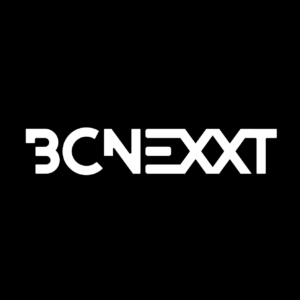Public cloud vendors AWS and Google have recently announced that egress fees for exiting their storage clouds are to be dropped. This comes in the wake of an European Data Act that is designed to enable customers to switch providers more easily.
This comes on the back of years where public cloud vendors have provided free data upload, but expensive egress fees to download data – a form of vendor lock-in that some have depicted as akin to ransomware. Cloudflare calculate that customer egress fees are 80x AWS’s costs. Customers are facing scary bills but don’t know how to escape.
This legislation has not come a moment too soon.
AI algorithms, the story of 2023, brings massive benefit, such as analysis, search and reuse to archives and media libraries. But the same AI algorithms, and the subsequent better archive reusage that they enable, are data hungry and require scans of entire archive sets. And they are extremely GPU heavy. This can create a whole new generation of large egress fees and processing fees on top of the existing fees.
The crazy thing is that now, media organisations are deciding whether to run AI algorithms based on those egress and processing fees. The “services” have just become the inhibitors rather than enablers. This dystopian situation is the result of service-based economies but isn’t some future possibility; it is a reality here today. We’ve created a world where costs that never used to exist are becoming so “normal” that we forget that we don’t need to pay them at all.
What legislation-encouraged “free exit fees” has done is to give media companies a way to rebalance their storage strategies for today’s archive usage. Customers can re-strategize and choose to only keep in cloud what belongs in cloud without penalties.
But removing the exit fees is of course only a part of the story. Having the right solutions, that provide better economics and functionality away from hyperscalers is also key.
Modern archives must no longer be monolithic in their design; they need to span from on-prem to private cloud and public cloud, and everything in-between. They need to be able to take advantage of running AI wherever it is most appropriate and above all, they need to strive to remove the vendor lock-in that, embarrassingly to free economies, forces governments to act.
Your data is your data and technologies should never take that away with egress fees, proprietary databases, applications that only work on some platforms but not others, or any other form of “data ransom”. At Perifery, we’ve developed a “Future of Archiving” paper that argues strongly towards these principles and argues there should be a broad industry body that pushes back with principled frameworks that encourage openness. Access the white paper.









